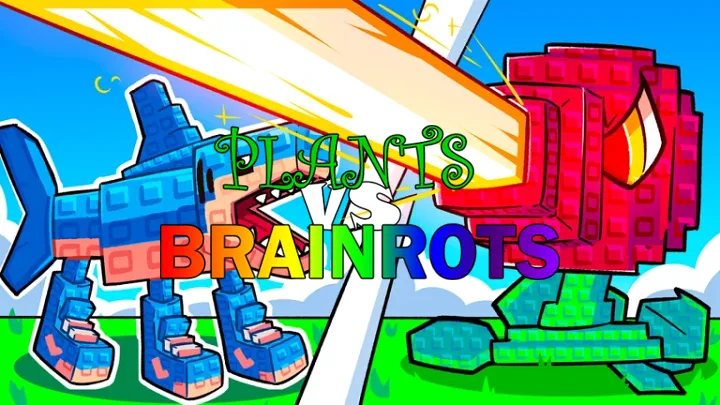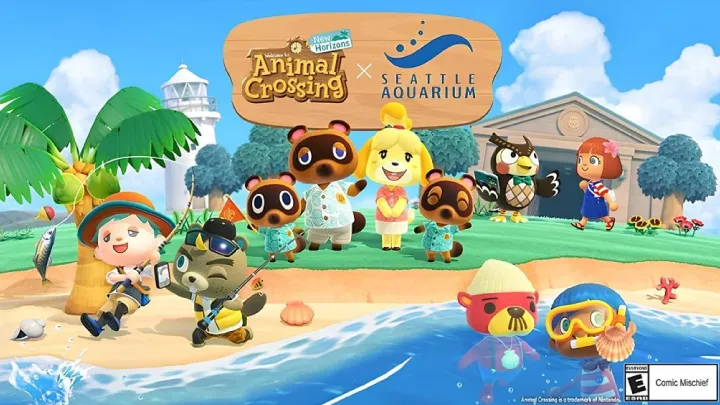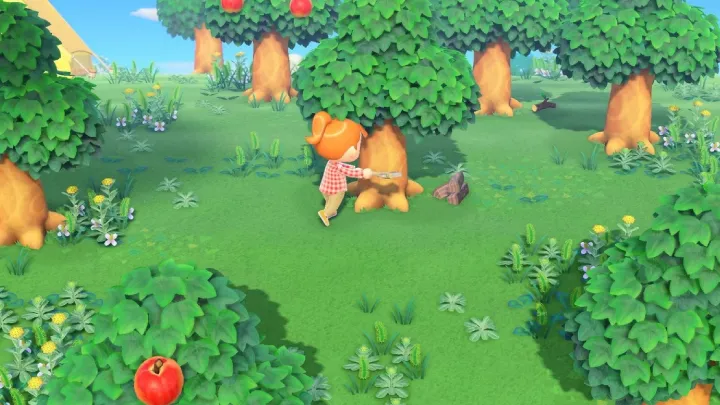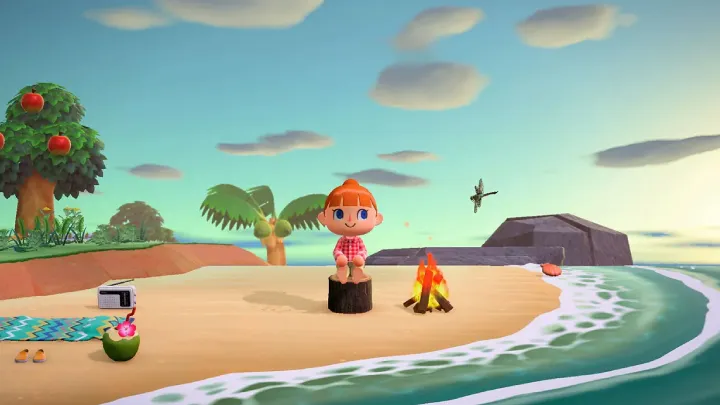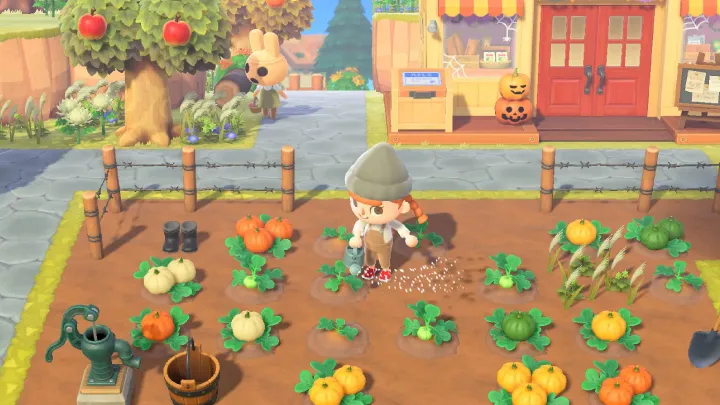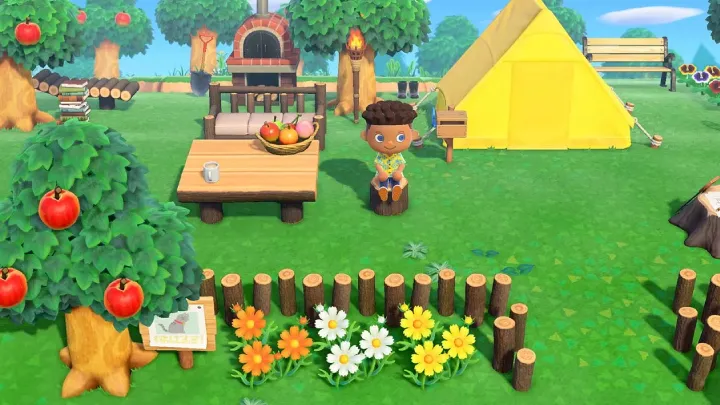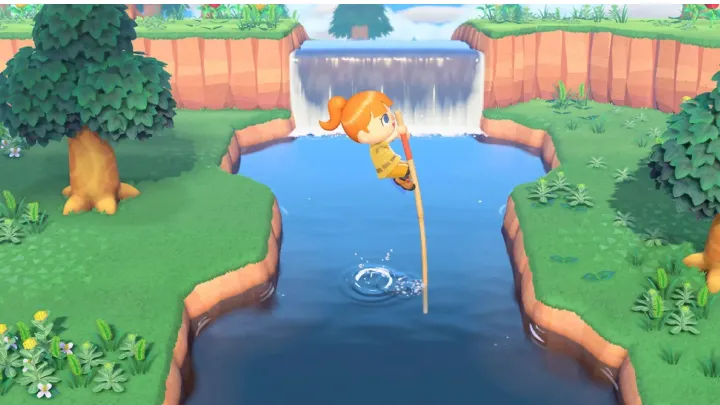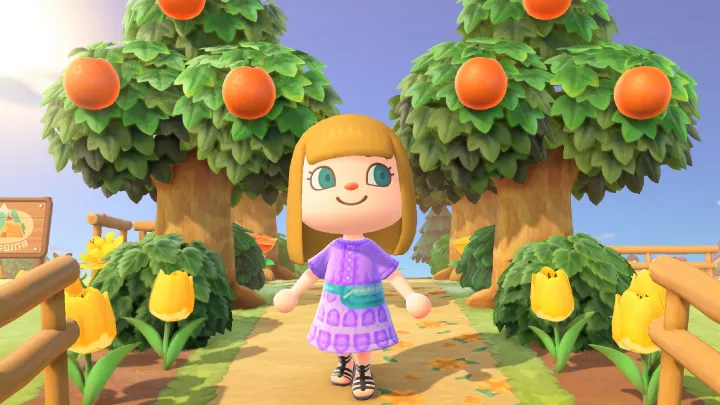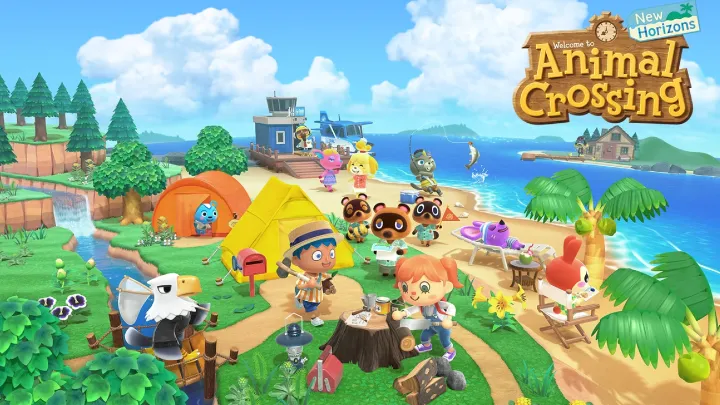Introduction
Animal Crossing: New Horizons (ACNH) has captivated players worldwide with its charming visuals and relaxed gameplay. However, beneath its friendly surface lies a complex economic system that shapes player experiences and interactions. This article delves deeply into the economic mechanics of ACNH, exploring issues such as resource management, the turnip market, and the impact of player decisions on the in-game economy.

Understanding the Currency: Bells
The Role of Bells in ACNH
Bells serve as the primary currency in ACNH, essential for nearly every transaction players engage in. From purchasing items at Nook’s Cranny to paying off loans for home expansions, understanding how to earn and manage Bells is crucial for progressing in the game.
How to Earn Bells
Players can earn Bells through various activities, including:
- Selling Items: Fishing, bug catching, and gathering fruit are primary sources of income. Rare species often fetch higher prices.
- Completing Tasks: Daily tasks and challenges can yield Bells as rewards, encouraging players to remain engaged.
The Value of Items
Not all items hold the same value. Players quickly learn that certain fish, bugs, and crafting materials are more lucrative than others. Understanding item values influences player behavior and trading strategies.
Seasonal Variability
The market fluctuates based on seasons and events, affecting item availability and prices. For example:
- Summer: Certain fish and bugs are only available during this season, leading to spikes in demand and prices.
- Holidays: Limited-time items can cause fluctuations in the market, creating opportunities for savvy players to profit.
The Turnip Market: A Unique Economic Phenomenon
Understanding the Stalk Market
The Turnip market, known as the "Stalk Market," introduces a speculative element to the game’s economy. Players buy turnips from Daisy Mae on Sundays and aim to sell them for a profit throughout the week. This market functions similarly to real-world stock markets, where timing and market trends dictate financial success.
Buying and Selling Turnips
To maximize profits in the Stalk Market:
- Purchase on Sundays: Buy turnips at a price set by Daisy Mae, usually ranging from 90 to 110 Bells.
- Monitor Daily Prices: Each day, Nook's Cranny offers a different price for turnips. Players should check prices daily to identify peak selling times.
Analyzing Turnip Prices
Turnip prices at Nook’s Cranny vary based on an internal algorithm influenced by player interactions. Understanding this algorithm can provide players with a significant advantage.
Online Communities and Price Sharing
Many players turn to online forums and communities to share daily prices and strategies. This collaborative aspect of the economy fosters a sense of community while enhancing individual player success.
Resource Management: The Key to Progress
Gathering Resources Efficiently
Resource management is a critical element of ACNH's economy. Players must gather materials to craft tools, furniture, and upgrades. Efficient resource management can significantly impact a player’s progress.
Essential Gathering Techniques
To gather resources effectively:
- Daily Routine: Establish a daily routine for gathering resources like wood, stone, and iron nuggets. Hitting rocks and shaking trees should become second nature.
- Use Tools Wisely: Use the right tools for the job. For example, use an axe for trees and a shovel for digging up resources.
Crafting and Upgrading
Once materials are gathered, players can craft tools and furniture. This crafting system encourages resource management as players decide what to create based on their needs.
Crafting Strategies
To optimize crafting:
- Prioritize Tools: Craft high-demand tools first, such as fishing rods and axes, to facilitate resource gathering.
- Store Excess Materials: Keep a well-organized storage system to avoid clutter and ensure easy access to crafting materials.
The Influence of Villagers: Social Economics

Building Relationships with Villagers
Villagers play a significant role in the economic landscape of ACNH. Building relationships with them can unlock unique items and opportunities, affecting the overall player experience.
How to Attract New Villagers
To expand your community:
- Campsite: Set up a campsite to attract new villagers. Engage with them during their visits to encourage them to move in.
- Amiibo Cards: Use Amiibo cards to invite specific villagers, allowing players to curate their community.
Strengthening Bonds
Once villagers are settled, strengthening relationships can lead to various rewards and interactions, enhancing gameplay.
Daily Interactions
Interacting with villagers daily can lead to friendship upgrades, unlocking special items and events. This social aspect contributes to the game's economic depth:
- Gift Giving: Gifts tailored to villagers’ interests can deepen relationships and yield unique rewards.
- Participating in Events: Villagers often host events, providing players with opportunities to earn Bells and items.
The Impact of Seasonal Events on the Economy
Understanding Seasonal Changes
Seasonal events significantly impact the economy of ACNH. These events introduce limited-time items and activities, altering player strategies.
Major Seasonal Events
Key events include:
- Bunny Day: This Easter-themed event introduces unique items and crafting opportunities.
- Halloween: Players can earn candy and special items through trick-or-treating and decorating.
Economic Strategies During Events
During seasonal events, players must adapt their strategies to maximize profits and enjoyment.
Collecting Seasonal Items
Players should prioritize collecting items during events. These items often become collectible and can fetch high prices later. Keeping track of seasonal items can enhance a player’s inventory and potential profit margins.
The Role of Online Communities in Economic Strategies
Engaging with Other Players
Online communities play a significant role in shaping the economic landscape of ACNH. Players share strategies, prices, and rare items, fostering a collaborative environment.
Trading and Collaborating
Engaging in trading with other players can provide access to rare items and resources. Consider these tips:
- Dodo Codes: Share your Dodo Code to allow friends to visit your island for trading.
- Community Events: Participate in community events to connect with other players and exchange items.
Utilizing Social Media
Platforms like Twitter, Reddit, and Discord have become hubs for ACNH players to share tips and market insights. These platforms allow players to:
- Post Prices: Share daily turnip prices to help others maximize their profits.
- Organize Trading Events: Coordinate trading events for rare items, creating a bustling marketplace.
The Psychological Aspects of the Game Economy
Motivation and Engagement
The economic system in ACNH is designed to keep players engaged through a series of rewards. Earning Bells and acquiring items creates a sense of achievement, motivating players to continue participating in various economic activities.
The Role of FOMO (Fear of Missing Out)
Limited-time items and seasonal changes can create a sense of urgency, compelling players to engage with the economy actively. This phenomenon, known as FOMO, can lead to impulsive decisions that impact a player’s financial strategy within the game.
The Satisfaction of Progression
The gradual progression in ACNH, driven by economic factors, provides players with a satisfying sense of accomplishment. As players earn Bells and gather resources, they witness their islands transform, creating a rewarding loop of engagement.
Balancing Economics and Creativity
While economics plays a significant role, players are also encouraged to express their creativity through island design. This balance between economic strategy and personal expression enhances the overall experience.
Future Updates and Economic Changes
Anticipating New Features
As ACNH continues to evolve, future updates are likely to introduce new economic features. Players should remain engaged with official announcements and community discussions to anticipate changes.
Potential Economic Enhancements
Possible updates could include:
- New Currency Systems: Introducing alternative currencies for specific transactions could add depth to the economic system.
- Expanded Trading Options: Enhancements to trading mechanics could facilitate more complex interactions between players.
Adapting to Changes
As the game evolves, players must adapt their strategies to remain competitive. Staying informed about updates and participating in community discussions can help players navigate these changes effectively.
Conclusion: Embracing the Economic Depth of ACNH
Animal Crossing: New Horizons offers a rich economic landscape that enhances the overall gaming experience. Understanding the intricacies of Bells, the Turnip market, resource management, and the social dynamics with villagers can significantly impact player success. By engaging with the community and adapting to seasonal changes, players can thrive in this vibrant world. Embrace the economic complexities of ACNH, and enjoy the journey of building your dream island.
